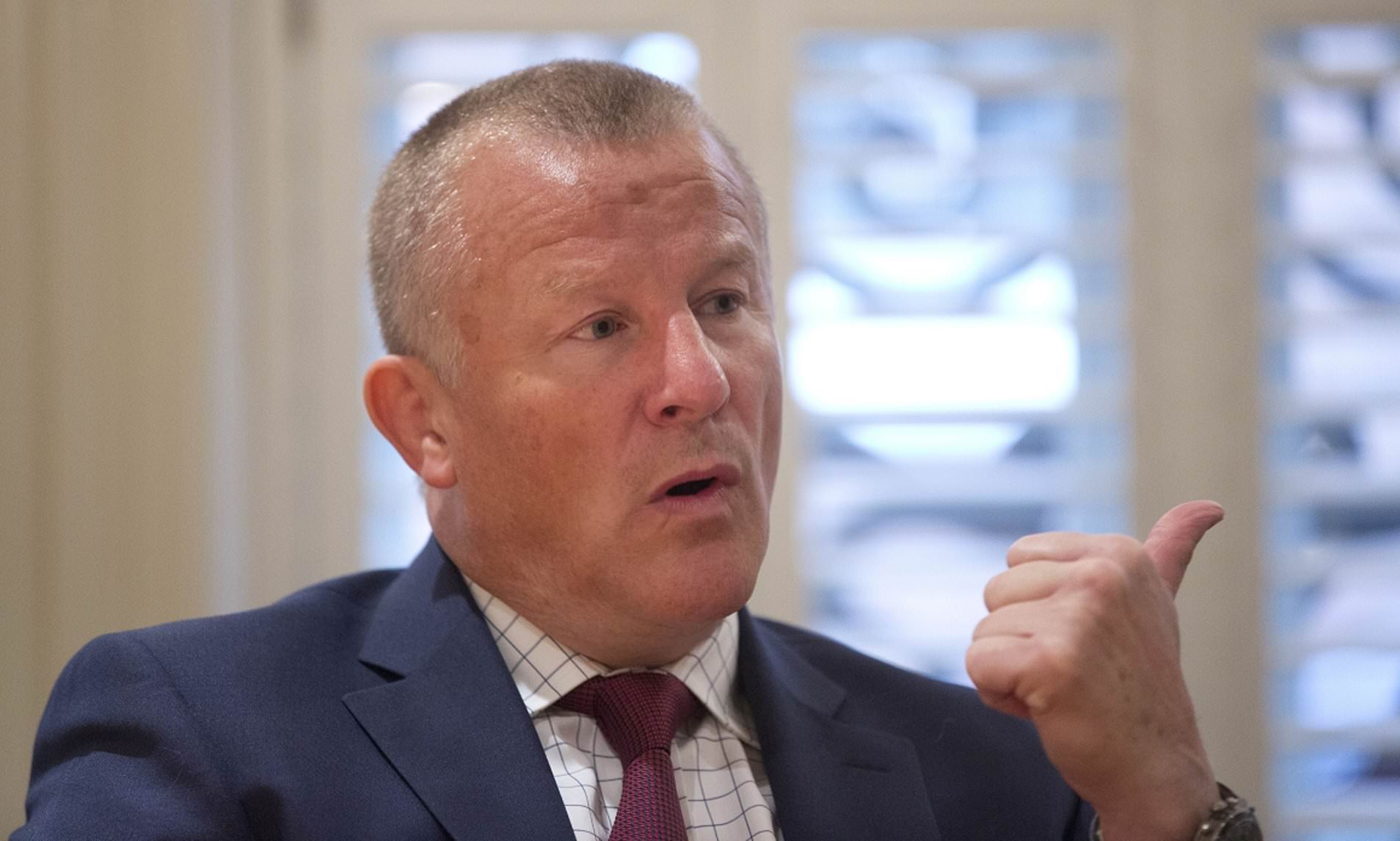It has been a difficult few years for UK investment fund managers.
Between the debacle of the Woodford Equity Income Fund and the COVID-19 pandemic, “star” funds that promised so much have led only to disappointment for investors. Investors looking to find the right home for their pension, SIPP, or ISA have a decision to make: lose money due to UK investment fund manager’s underperformance or learn more about investing themselves.

The State of Play
Everywhere you look, you can find evidence of UK fund managers poor performance. S&P Global’s Indices Versus Active (SPIVA) scorecard is a measure of how fund managers perform against their benchmark. In 2018, they reported that almost three out of every four active fund managers had underperformed against the market. More recently, in the tumultuous economic conditions that are touted as the most favourable for fund managers, only around 70% beat the benchmark.
While this would be concerning alone, it’s only one part of a larger picture. The performance of some of the UK’s largest funds is a little shocking. Over the last three years, the Invesco UK Equity High Income Fund had a three-year underperformance of 21%. This fund — in the UK All Companies sector — holds over £3.2bn, much of it pension and savings funds.
There are other funds of similar size that have had a lousy performance. JP Morgan’s US Equity Income Fund, which holds over £3.2bn, has badly underperformed against the resurgent US stock market by around 27%. Another behemoth fund that can’t keep up with its benchmark is Schroders Personal Wealth Multi-Manager International Equity X. While it is up overall, it lags the market by 11%.
2019 Winner’s Luck Transforms
Sadly, this pattern continues throughout the investment fund industry. Witan (WTAN) chief executive Andrew Bell has recently apologised to investors after what he termed a lamentable performance during the Covid-19 crisis. They trailed the market by 12%, which Bell explained was due to inactivity in cutting the fund’s exposure to UK stocks affected during the pandemic and the resulting lockdowns.
The fund had performed strongly in 2019, but that progress was wiped out by dithering for too long during the crisis, eventually leading to the losses.
Ninety-One Problems
Ninety One, the self-styled sustainable active investors, have admitted that about a third of its funds are underperforming against the market. With a total value of close to £2bn, three of their funds suffered low returns for investors.
The Cautious Managed — a £1.2bn total fund — is down about 11% over three years and trailing the industry average by around 17%. While things weren’t looking too good for two of its other funds, the UK Special Situations (down 18%, 15% against the market) and the UK Total Returns have returned a staggering -23%, well behind the market average of 3%.
The FTSE 100 Is No Longer A Safe Haven
For those who invest their pensions in index funds, 2020 was a bad year. The FTSE 100 fell by around 14.3%, which was its worst year since the global financial crisis of 2008. While some of these problems were due to Brexit and a larger market recession, these mitigating circumstances will be of scant consolation to anyone who has lost a large chunk of their retirement fund. This exposure, of course, is the long-stated issue with index funds and underlines the importance of diversifying into different types of bonds or other investments.
Huge Fees
One of the most striking aspects of UK funds underperformance is the high fees charged to have a seat at the table. It is estimated that underperforming funds have charged their investors around £1/2bn over the last years. Seventeen significant funds lagged behind the market over the previous three years, with funds like Invesco’s UK Equity Income and High-Income funds drawing over £70m in fees.
Conclusion
For UK investors looking to grow their pension pot, none of this is good news. UK funds operate in a very efficient marketplace where small margins decide who the occasional victor is. Unfortunately for the investor, picking one of the handfuls of firms who make good on their promised returns isn’t always easy. It is for this reason that UK investors might want to consider reducing the fees and learning to invest themselves. With the right guidance and some research, they can hardly do worse than some of these funds.
Alpesh Patel OBE
Founder of Alpesh Patel Special Edition of ShareScope
This article is for educational purposes only. It is not a recommendation to buy or sell shares or other investments. Do your own research before buying or selling any investment or seek professional financial advice.



